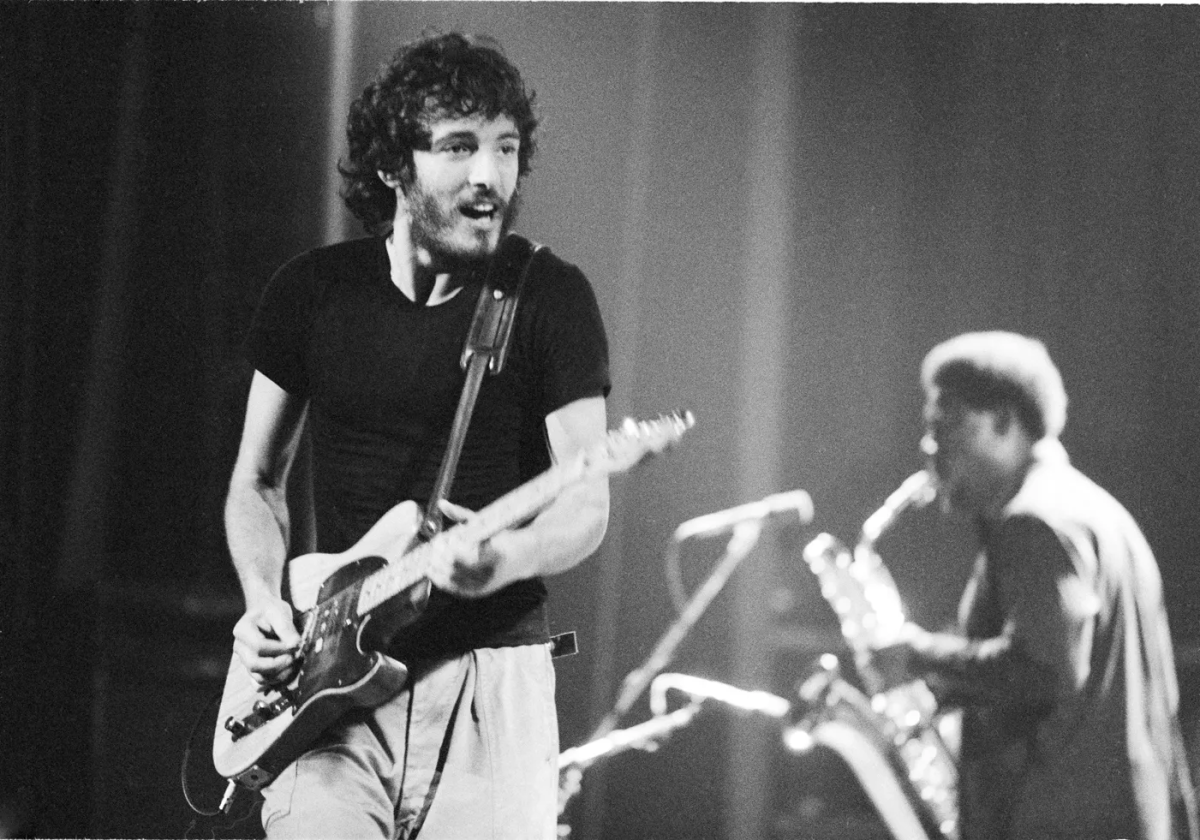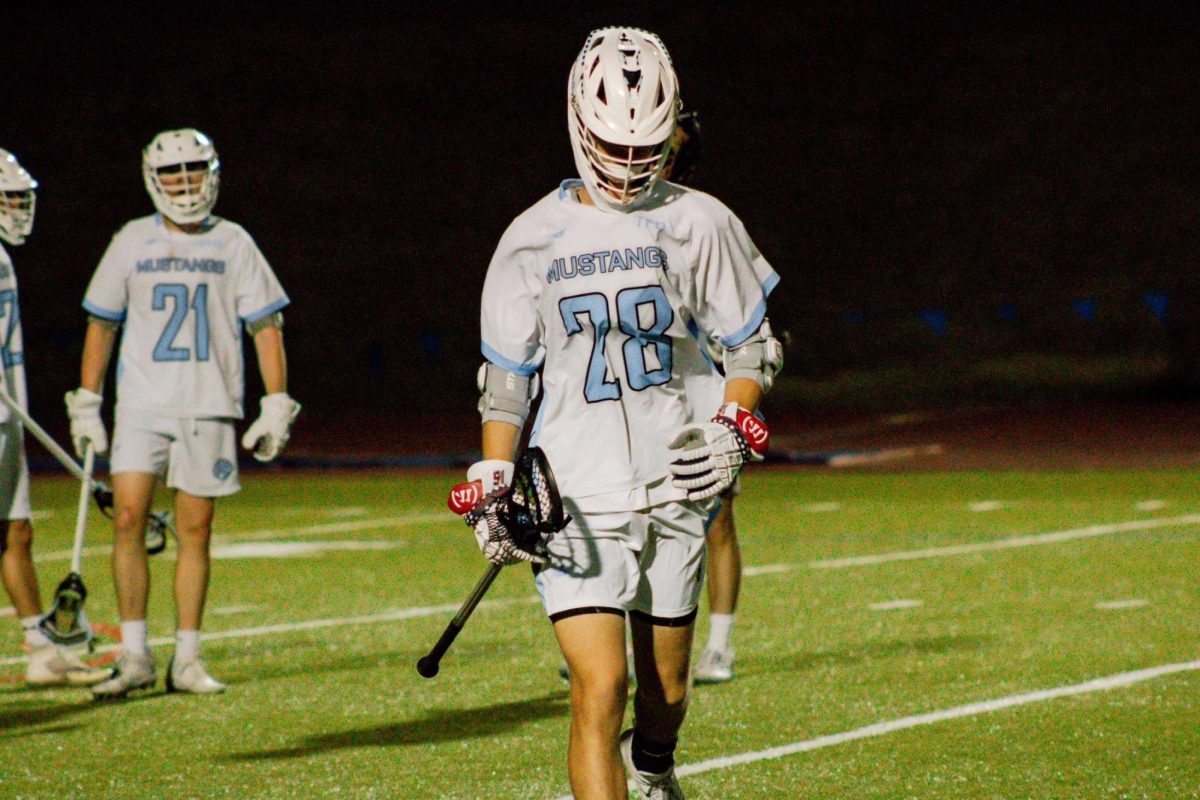
On November 29th, Henry Kissinger finally reeled off this mortal coil. It was a long time coming; the former secretary of state had lived for a century and worked for the better part of it. As I walked out the door the following morning, I saw the Today Show praising what great things Kissinger brought and what a good man he was. Kissinger was a war criminal: the evil he brought upon the third world in the last 60 years is more prominent than any other single man. Yet Kissinger still gains praise. The crimes of Kissinger must be known to all who hold the power to bring men like him into power; here is a list of his offenses divided into three major sections:
The Vietnam War:
Kissinger became the National Security Advisor in 1969 and the Secretary of State in 1973; he held office until the inauguration of Jimmy Carter. He served under Richard Nixon and his successor, Gerald Ford. This period saw the most extreme warfare and the eventual conclusion of the Vietnam War. Nixon promised to end the war in his election campaign, but when he arrived in office, he faced a dilemma: if he pulled troops, America would look like a loser, something unknown to the superpower to that point. Nixon didn’t want to be the president who lost a war, so he created a committee to win Vietnam. At the head of this committee was Henry Kissinger.
Kissinger’s committee oversaw several operations that violated international law: Operation Menu, which involved illegal carpet bombing in Cambodia to destroy supply lines, killed 4,000 civilians, and helped to destabilize the Cambodian government, allowing Pol Pot to seize power; Operation Freedom Deal, a period of carpet bombing responsible for 50,000-150,000 deaths; Operation Barrel Role which continued the illegal war in Laos; Operation Linebacker II in which bombs killed 1,500 civilians in 11 days. Kissinger had even more plans that thankfully never came to fruition: Operation Popeye was to involve the chemical modification of monsoon rains to disrupt Vietnamese resistance; Operation Duck Hook involved a possible nuclear strike in Vietnam.
In 1973, Henry Kissinger won the Nobel Peace Prize for his work at the Paris Peace Accords to end the war in Vietnam.
Operation Condor:
South America had, until the seventies, largely dodged the Cold War, but the region produced a disproportionate number of dictatorships. Kissinger wished to cleanse the area of communist interests, and several far-right dictatorships on the continent, Peru, Brazil, Paraguay, and Uruguay, were willing to cooperate.
The problem came in Bolivia, Chile, and Argentina. In Bolivia, Juan José Torres, a socialist general, came into power, though his presidency lasted about a year. A CIA-backed coup brought the rightwing strongarm Hugo Banzer into power; his regime tortured, raped, and killed over 2,000 opponents in the immediate aftermath of the coup. In Chile, a democratic election brought https://en.wikipedia.org/wiki/Hugo_Banzersocialist president Salvador Allende into power. In response, Nixon, Kissinger, and the CIA worked to assist the right-wing general Augusto Pinochet in overthrowing the new Chilean government. Pinochet’s coup was successful, bringing an end to 48 years of stable democracy. Pinochet’s regime is responsible for the torture of at least 27,000 and the deaths of at least 2,000. In Argentina, the first female president in the nation’s history fell out of power at the hands of Jorge Rafael Videla with support from Pinochet and the CIA. Videla’s regime is responsible for the deaths of up to 30,000 political dissenters.
With his web of cooperation, Kissinger then created a network to crush any socialist or communist organization in the region. This illegal operation caused the deaths of nearly 500,000 possible dissenters.
Genocides and a Proxy War:
During his time as Secretary of State, Kissinger involved the U.S. in the Angolan Civil War: the war lasted 26 years with complete U.S. support with at least 800,000 casualties.
Kissinger’s State Department supported the Indonesian dictator Suharto in his invasion of East Timor and the resulting East Timor genocide, which killed up to 300,000 people.
Kissinger’s State Department supported the Bangladesh genocide. The Bangladeshi government claims 3,000,000 casualties.
Conclusion:
Some Americans, especially in the ruling class, see Kissinger’s actions as a necessary evil to win the Cold War, and while his pragmatism was brutal and often illegal, it worked. I respect Henry Kissinger: he had a goal and did whatever was needed to achieve that goal. The American Empire wasn’t Kissinger’s creation. While he committed atrocities and greatly expanded the empire, ultimately, there was a prior period or event in which America did something similar to what Kissinger did, such as the Philippine-American War or President Eisenhower’s coups in Iran and Guatemala. Blaming Henry Kissinger for the woes of American foreign policy isn’t fair, though he makes a great scapegoat.















Carol • Dec 18, 2023 at 5:40 pm
Great writing Kaleb! Congratulations?!❤️Aunt Carol & Uncle Tom